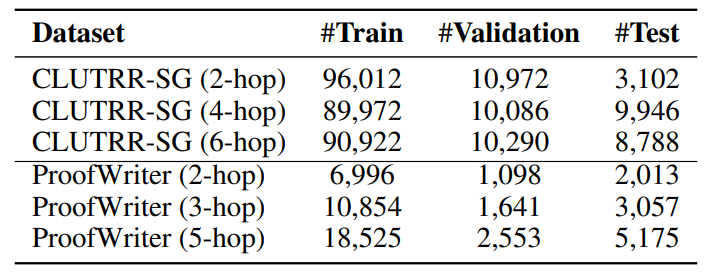Australia’s ASIC Modifies Rules on Stablecoins and Wrapped Tokens
The Australian Securities and Investments Commission (ASIC) announced that it has updated its Information Sheet 225, classifying stablecoins, wrapped tokens, tokenized securities, and digital asset wallets as financial products under Australian law. These rules aim to protect consumers while enabling innovation.
The update, released on October 29, 2025, requires providers to obtain an Australian Financial Services Licence (AFSL) and join the Australian Financial Complaints Authority (AFCA) by June 30, 2026.
New Rules for Crypto Assets
The updated guidance, which expanded with 18 practical examples, covers custody, fund management, and staking-as-a-service, ensuring clarity for industry players.
The rules extend to offshore and decentralized platforms targeting Australian users, reflecting a global regulatory trend.
ASIC Commissioner Alan Kirkland emphasized the need for clarity, saying:
He further stressed the need for leniency on the part of the regulatory watchdog.
The watchdog’s proposed regulatory relief is open for feedback until November 12, 2025. This follows a September 2025 class exemption for stablecoin intermediaries. It also aligns with upcoming Treasury bills regarding digital asset platforms, pitching Australia ahead in crypto regulation.
ASIC Exempts Bitcoin and Others
Notably, ASIC’s updated guidelines do not classify Bitcoin, non-gaming NFTs, memecoins, and tokenized non-financial items as financial products. This means that platforms like Bitcoin exchanges that deal only with these assets might not need an AFSL, easing regulatory requirements for some operators.
The decision emphasizes Bitcoin’s decentralized character and its lack of yield, unlike regulated assets such as stablecoins. The goal is to encourage innovation in non-financial crypto areas while protecting consumers from more complex products. Non-gaming NFTs, such as digital art and community-focused memecoins, do not require licenses.
Meanwhile, the new guidelines may slow the approval process for AFSLs, potentially impacting smaller firms. The no-action period until June 2026 gives some time to adjust, but compliance costs might be difficult for startups to manage. Offshore platforms serving Australian users may likely face increased scrutiny, aligning with global efforts to regulate cross-border crypto services.
The post Australia’s ASIC Modifies Rules on Stablecoins and Wrapped Tokens appeared first on CoinTab News.
You May Also Like

Privacy is ‘Constant Battle’ Between Blockchain Stakeholders and State

Technical Setup for RECKONING: Inner Loop Gradient Steps, Learning Rates, and Hardware Specification
